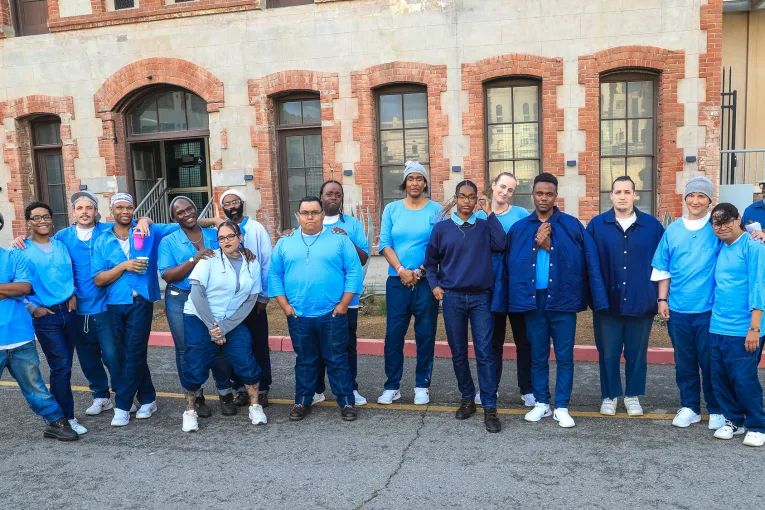
In a historic first for California’s oldest and most iconic prison, San Quentin State Prison hosted a Transgender Visibility Night Panel Discussion—an event believed to be the first of its kind inside a state correctional facility.
Organized by incarcerated trans woman Angie Gordon, a Vanguard Board Member and Editorial Board member of the Vanguard Incarcerated Press, the evening served as both a celebration and a reckoning, amplifying voices that are often marginalized within the prison system and society at large.
The event was co-hosted by Will Cartridge.
What emerged from the event was not only an acknowledgment of visibility but a powerful assertion of humanity, solidarity, and yes, even joy.
“Something Awoke Last Night”
For Angie Gordon, who emceed the evening and shaped its vision, the event was a manifestation of collective resilience.
“We were there to share a message of resiliency in the face of setback,” Gordon told the Vanguard. “Trump is a punch in the face, for many out there but especially for the trans community, but punches in the face are going to happen, it’s what you do with those moments, right?”
In that spirit, Transgender Visibility Night was not about merely occupying space—it was about transforming it. From panel discussions to candid storytelling and powerful performances, the evening redefined what visibility can look like behind bars: joy as resistance, truth as healing, and community as survival.
“We believe that joy is its own form of resistance,” Gordon said. “Coming together, holding each other up, showering each other with flowers, not only celebrates joy, but inspires it too.”
As incarcerated trans women and nonbinary people shared stories of perseverance, self-discovery, and chosen family, the audience—made up of fellow residents, volunteers, media, and outside supporters—witnessed something rare and intimate.
“The empowerment of our community was working right there in front of all of us,” Gordon reflected. “The people on stage were seizing the power in their voice and impact of a community united.”
Transgender individuals represent one of the most vulnerable populations within prisons. Disproportionately subjected to violence, harassment, isolation, and denial of adequate healthcare, many find themselves navigating a system that was never designed to recognize, let alone protect, their identities.
Gordon addressed this directly in her opening remarks: “We know that the trans and gender nonconforming community is disproportionately impacted by all kinds of hate crimes, intimate partner violence, physical victimization, premature death, sexual victimization, suicidality… Visibility is a critical factor in that game, right? Because you can’t help somebody that you can’t see.”
Visibility, she argued, is not just about recognition—it’s about survival. And survival, in this context, is not a passive endurance but an active and ongoing act of defiance.
The Transgender Visibility Night was framed around the concept of “transgender joy”—a powerful antidote to the dominant narratives of trauma and victimization that so often define public understanding of incarcerated trans people. “If you don’t have a livable life, it’s hard to wake up in the world,” Gordon said. “So today this project is about reaching into our community and finding the stories of joy and perseverance and resiliency.”
“A Safe Space Where We Can Just Be Ourselves”
One of the most poignant themes that echoed throughout the evening was the importance of sanctuary. The loss of the community’s Tuesday night meeting space—a casualty of administrative oversight—was deeply felt by many attendees. That space had been more than just a room; it had become a home, a place of refuge from the daily stresses of prison life and the constant threat of judgment or reprisal.
“It’s just having somewhere where I can be me totally 100%,” one woman said during the panel discussion. “Where all of us can be ourselves without having to worry, without having someone to judge you or give you a side-eye.”
Another woman echoed that sentiment: “For the first time… I was like, this is home.”
Yet even as they mourned the temporary loss of their physical sanctuary, the event itself stood as a testament to the community’s resilience and ingenuity. Participants made clear that their sense of community was not confined to four walls—it was something they carried within themselves, built together, and offered to one another in countless acts of mutual care.
The panel discussions focused on what organizers called “transgender joy”—not in spite of incarceration, but often born from the very relationships formed within its confines. For some, this meant romantic partnerships. For others, it was the powerful bonds of chosen family—sisters, aunties, and mentors who had become lifelines.
“When you’re fighting and struggling to find your identity… that’s where a lot of the validation I was getting out of my relationship,” one speaker shared. “It brought a sense of calm.”
In a particularly moving moment, a panelist named Jooty shared what it meant to be in a relationship while incarcerated. “You find joy in your relationship by just having someone to connect with,” she said. “Someone to experience day-to-day trials and tribulations with. Someone you can trust and be yourself around.”
Another participant emphasized the rarity of simply being accepted: “I find joy just being myself. I don’t try to be anyone else. This is my authentic self… and that brings me joy.”
Throughout the evening, the idea of joy was reclaimed—not as an indulgence, but as a necessity. Joy, in this context, became a form of political power, a collective resource, and a declaration of worth.
The event was made possible in part through the involvement of outside scholars and organizations, including Dr. April Carrillo, a queer criminologist from the University of South Dakota. Participating via Skype—an extraordinary administrative allowance made possible by San Quentin’s progressive “California Model”—Dr. Carrillo served as a facilitator, consultant, and thought partner for the project.
“I usually don’t use my title,” Carrillo told the crowd, “because I don’t care that I have a degree, but quite a few people often do—especially when it comes to legitimacy in the academy and in corrections.”
Carrillo’s presence underscored the event’s academic and activist ambitions: this was not simply a prison program, but a research-informed narrative project aimed at challenging how trans communities are seen and studied—particularly in the context of incarceration.
“What we did last night, it matters,” Gordon later said. “When you demonstrate strength and resilience, when you make trans communities visible, you are laying the table for them to speak truth to power.”
The organizers hope that Transgender Visibility Night will become an annual event at San Quentin, expanding its reach, influence, and impact. Already, the team has plans to compile video and audio footage into an educational resource that can be shared with trans communities at other prisons—particularly those where isolation and invisibility remain the norm.
“Our community members are hiding in rooms, searching to find themselves,” Gordon said. “If we can get our stories on that platform and get that into those hands, we know it will be found.”
In the meantime, the group is working to secure a new permanent sponsor for their weekly meetings. “Without space, community can’t form,” Gordon emphasized. “We’re just transient right now.”
Still, the event itself demonstrated that even in a system not built for them, trans people inside San Quentin are building something powerful—something that refuses to be silenced.
“Visibility is not just about being seen,” one speaker said in closing. “It’s about being valued.”
That night, they were both.
Photos from Tuesday evening…
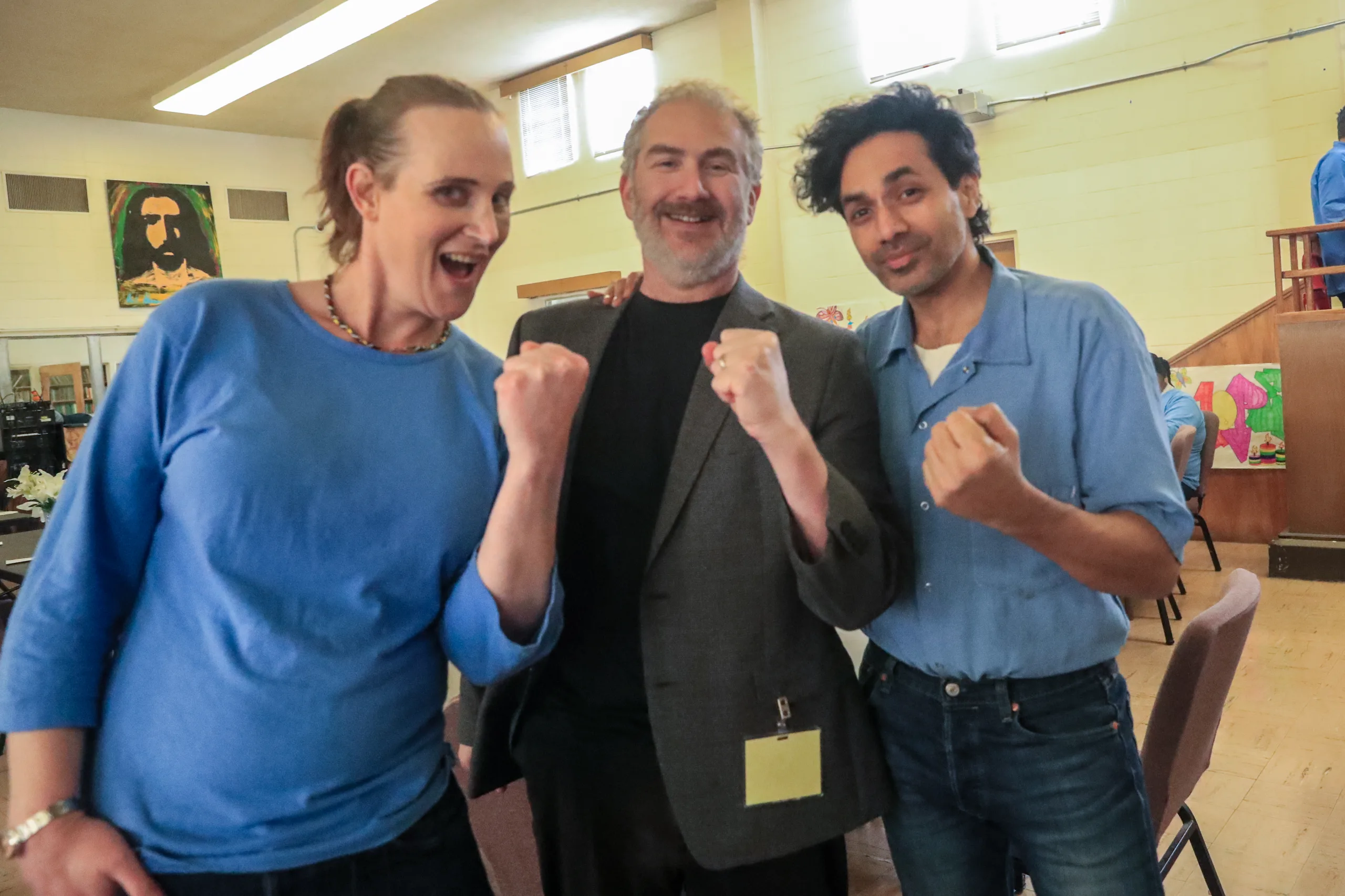
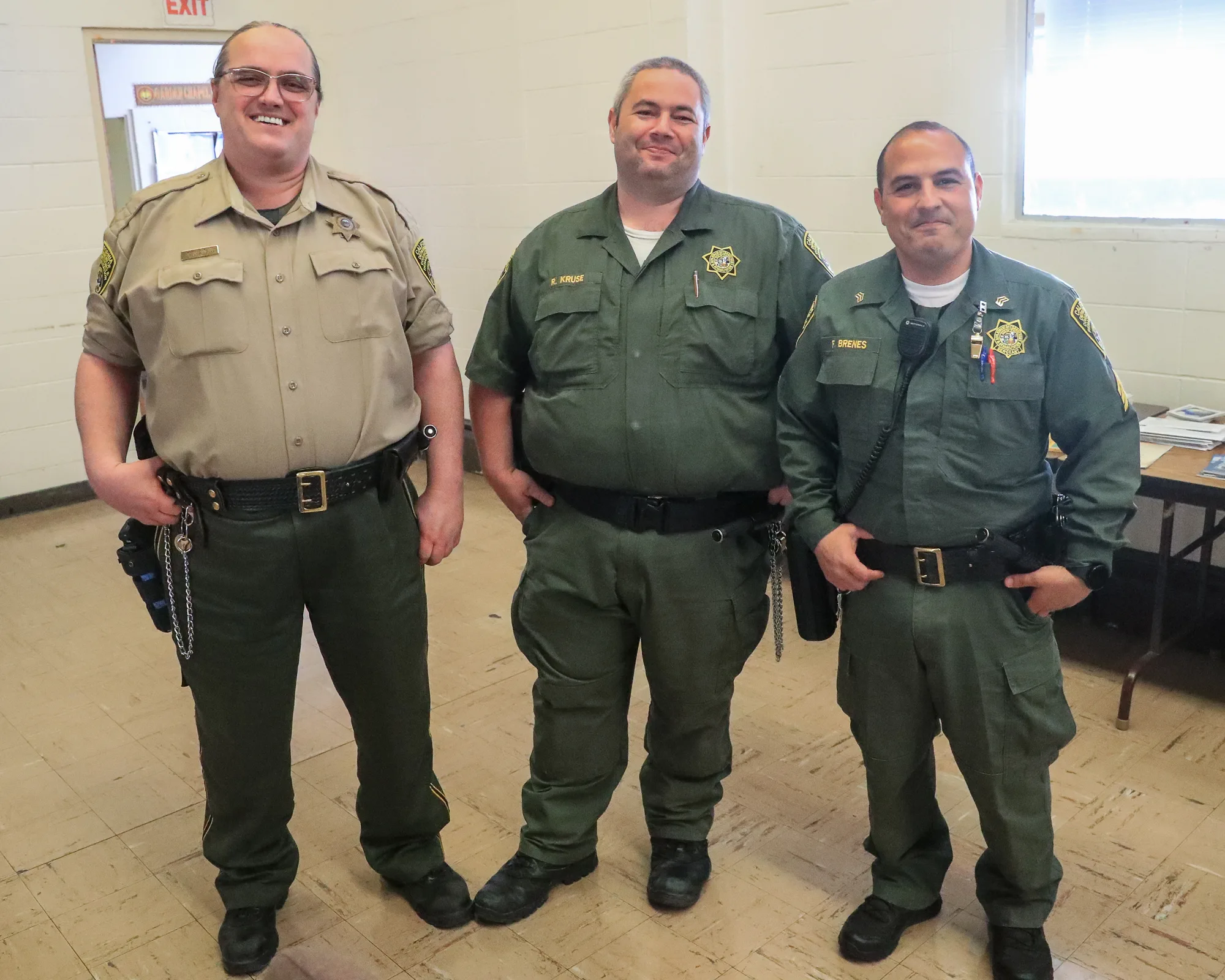
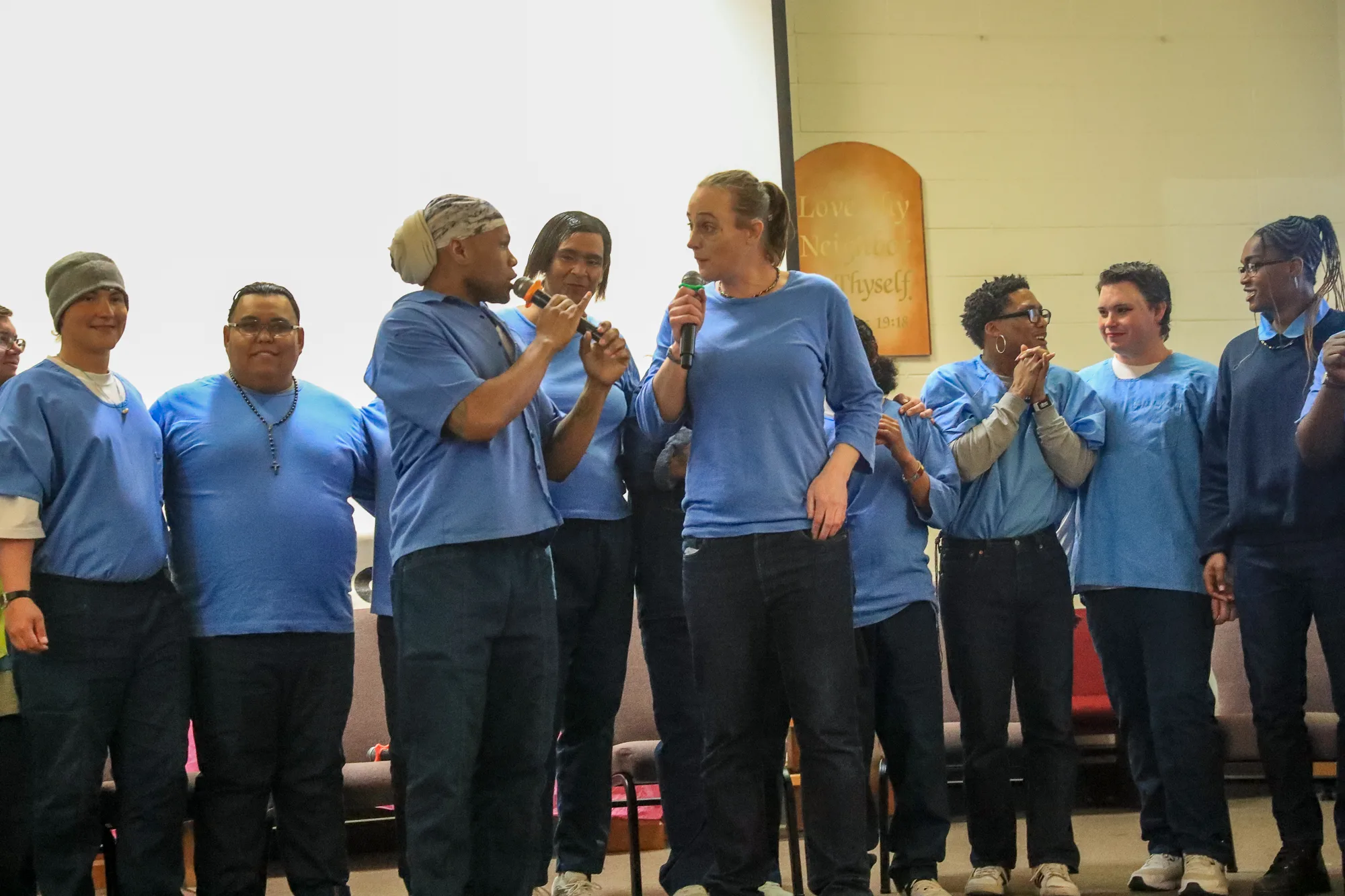



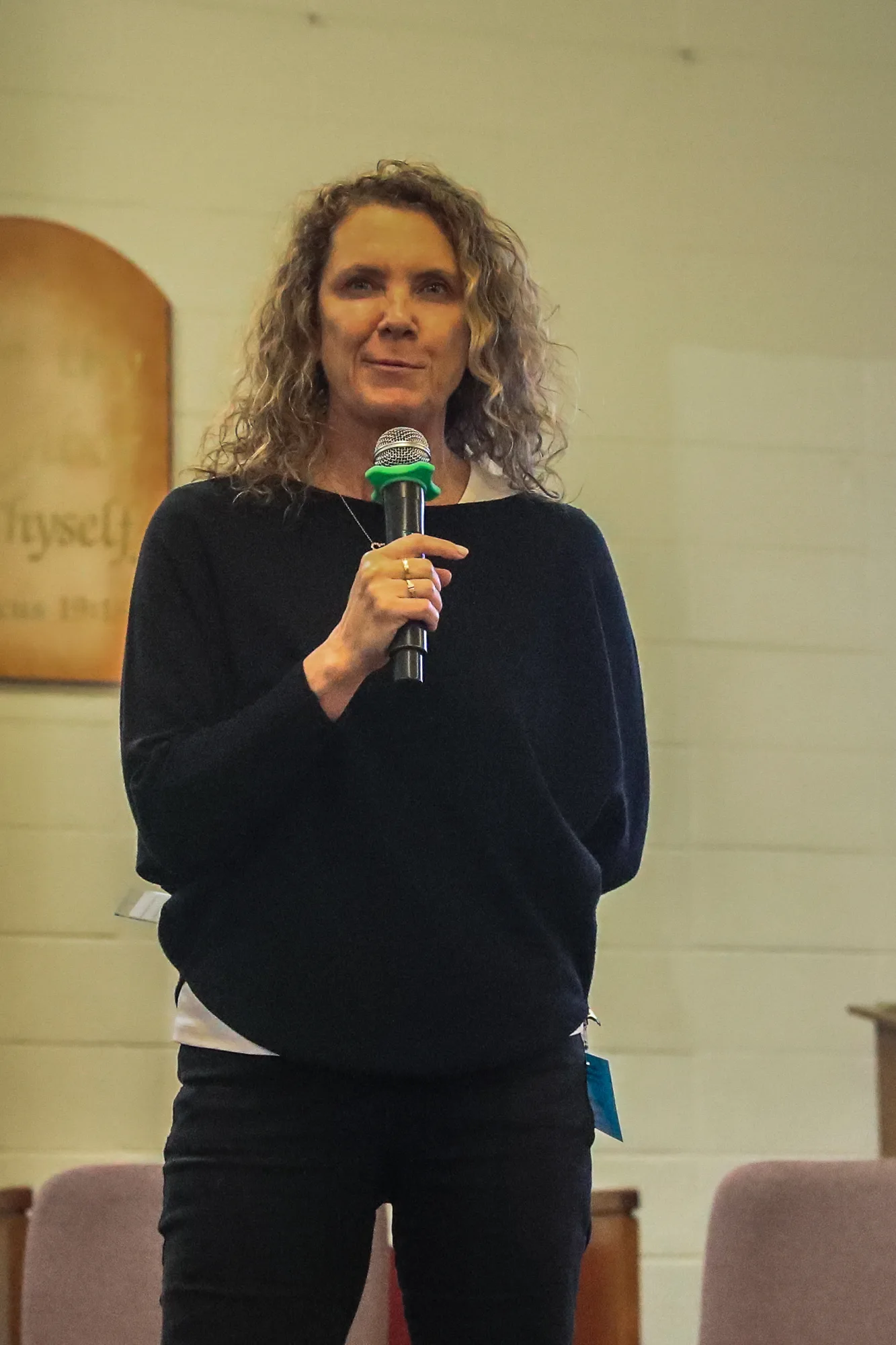







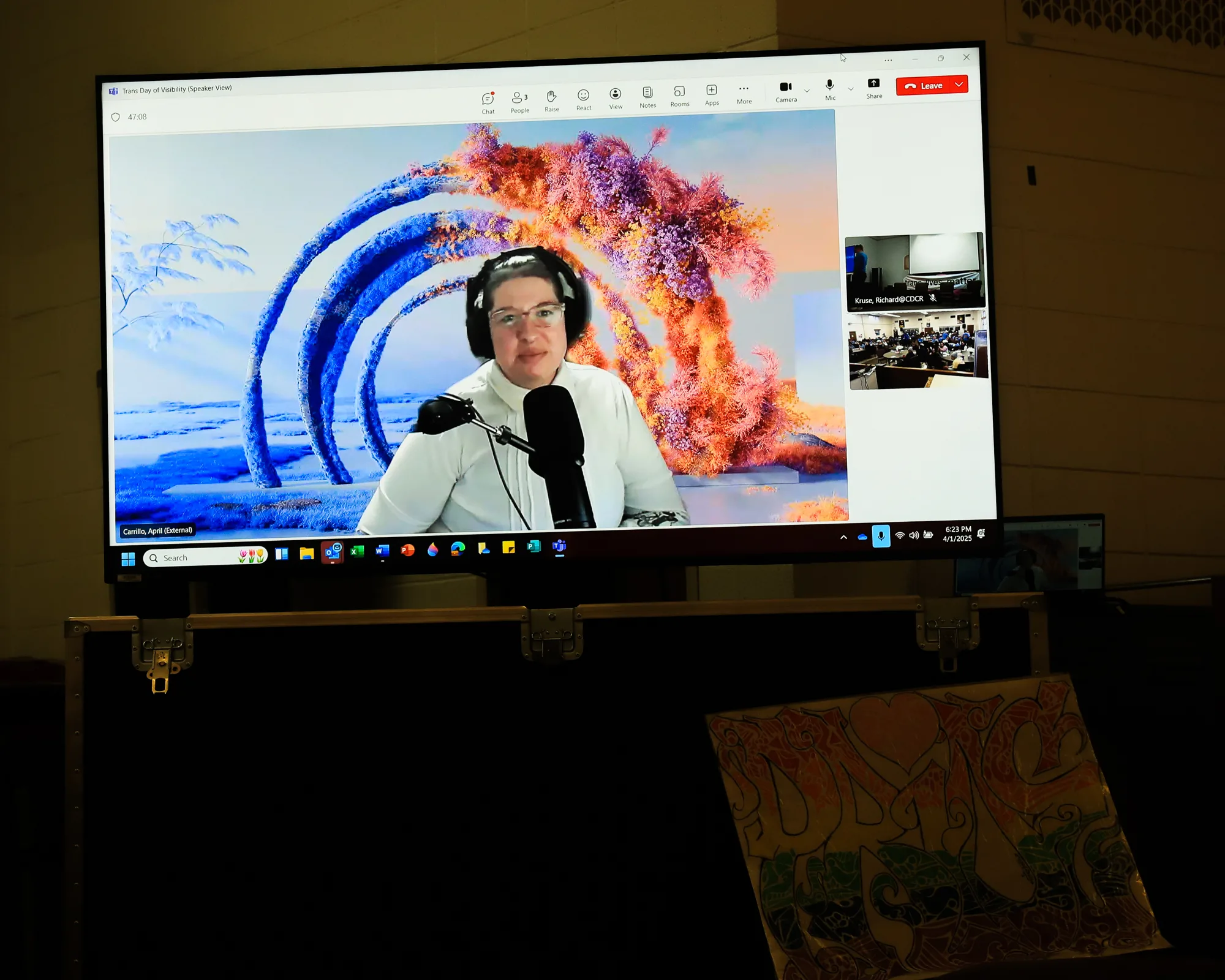
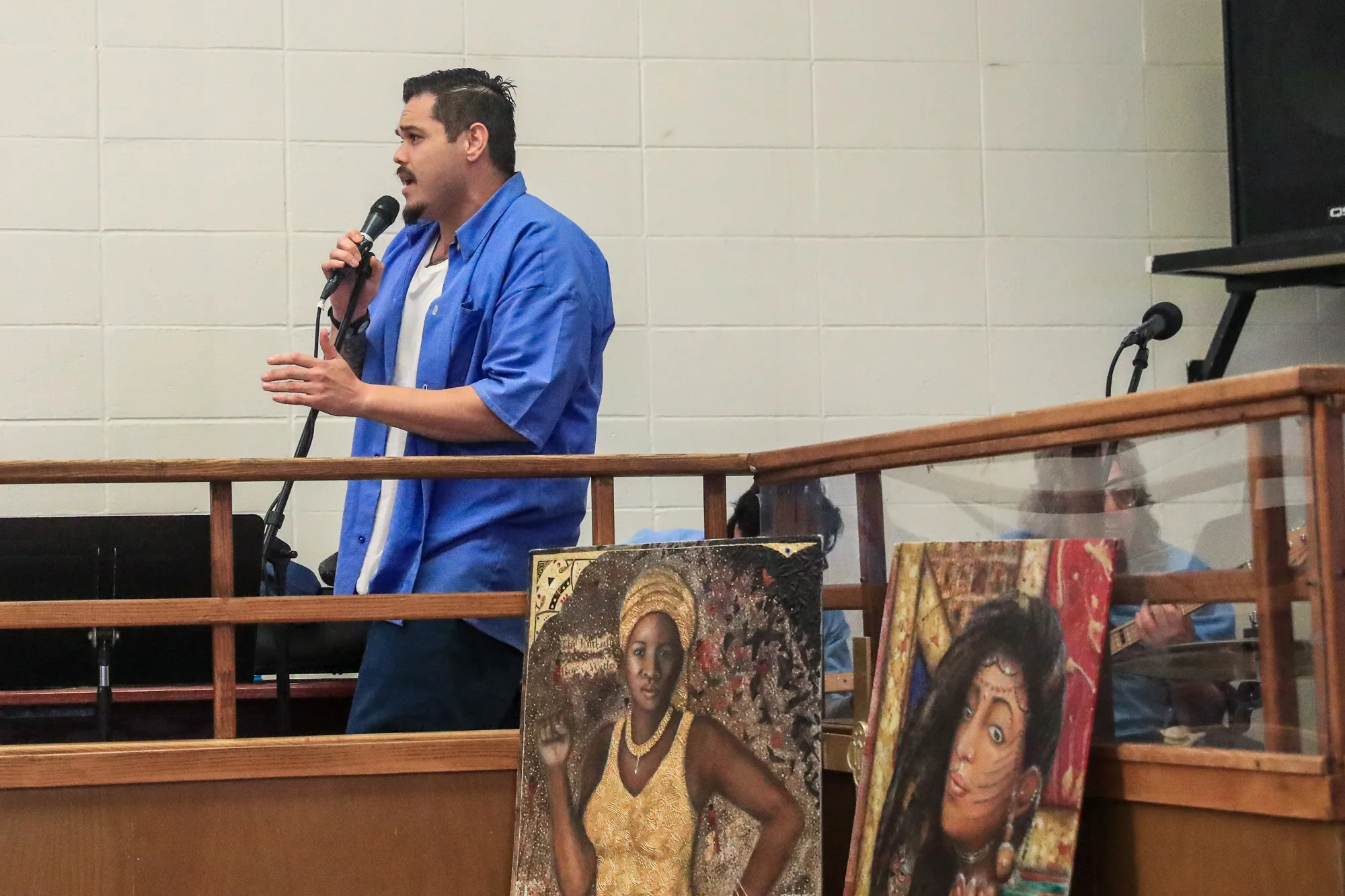
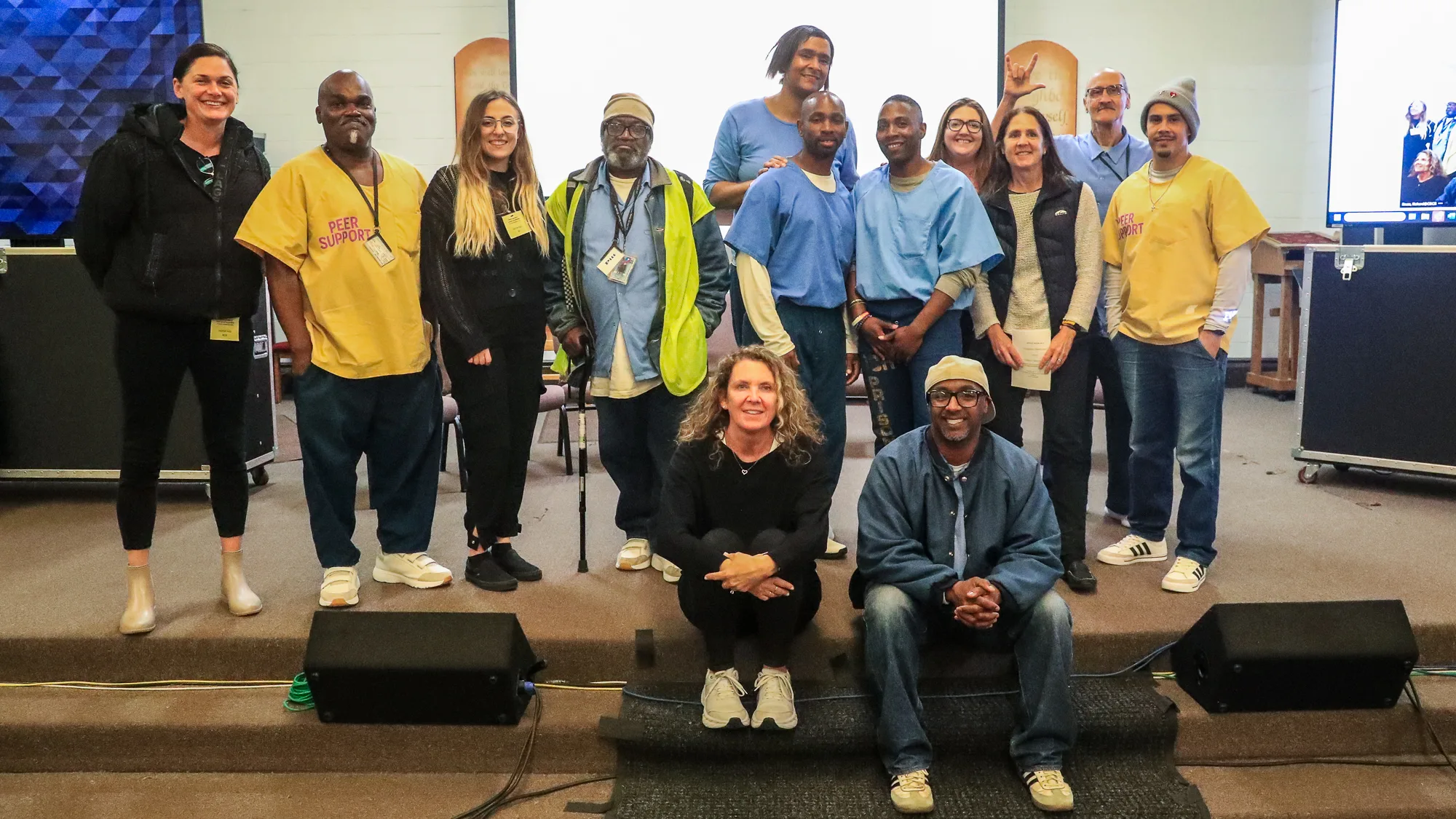
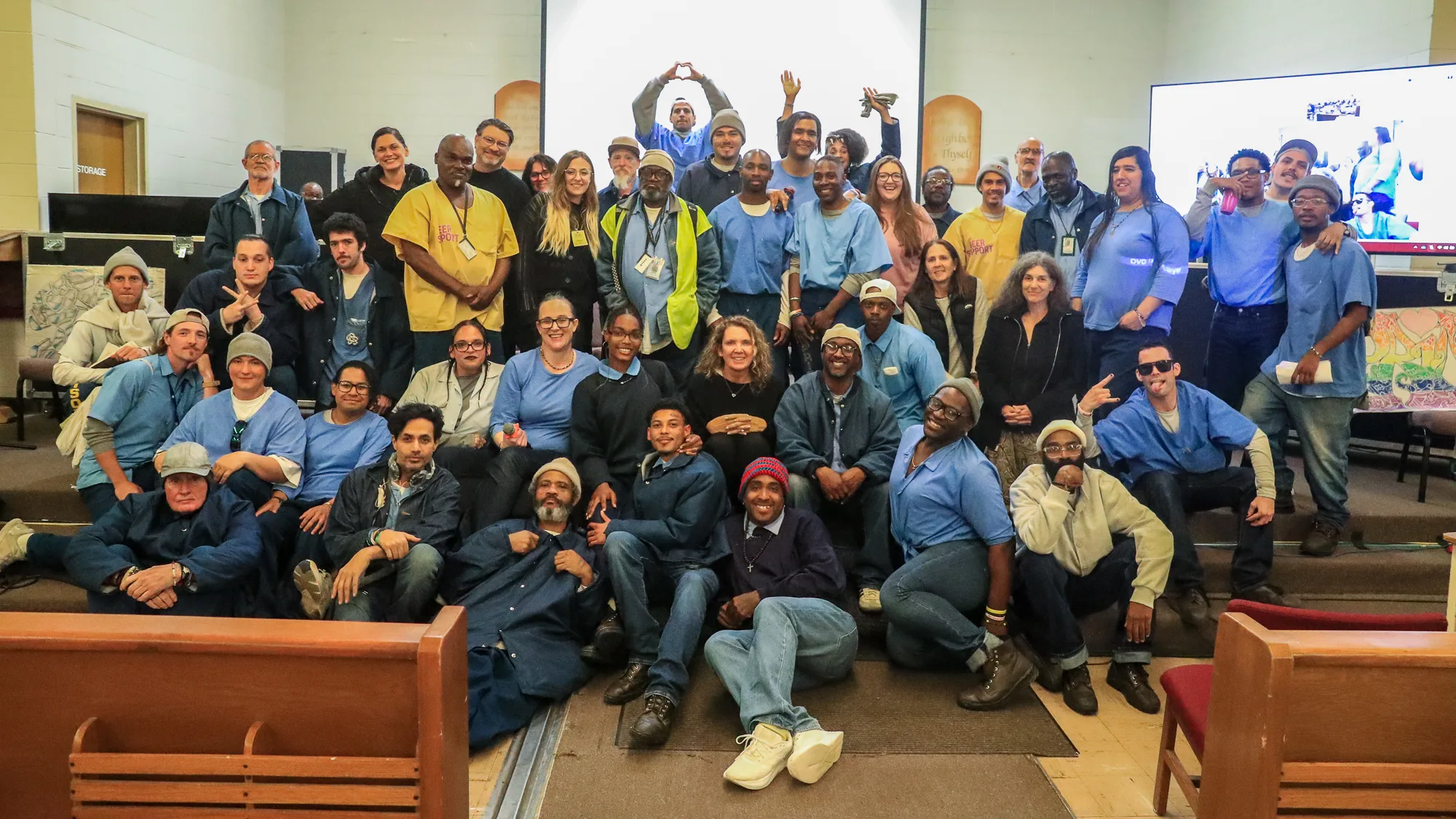

I will make the first comment: First of all, thanks to Angie Gordon for put this together and getting us a front row seat. I have been doing the Vanguard for 20 years now, and I will say this was the most impactful night I have had.
I want to thank Madison Whittemore and Cynthia Rodriguez, two Vanguard Board members for sharing this evening with me.
Finally, this is not the place or the article to express your political views. Only respectful comments will be posted.